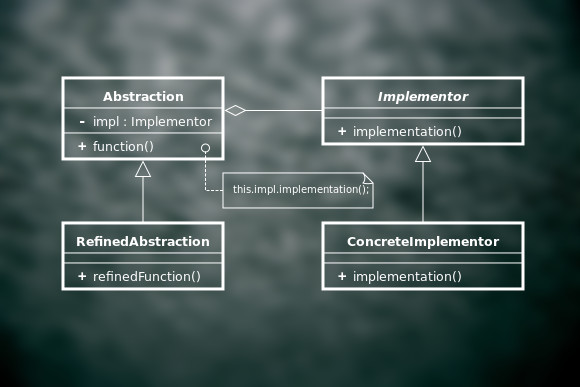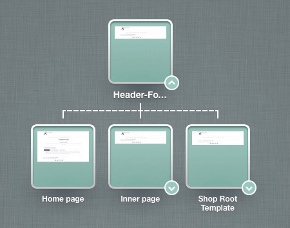What's new in jms/serializer v2.0
- 2018-09-12
- php, api, json, rest, serializer, xml
After more than a two years of work, jms/serializer v2.0 is going to see the light. Here a preview of the changes, new features and improvements that will be released soon.









